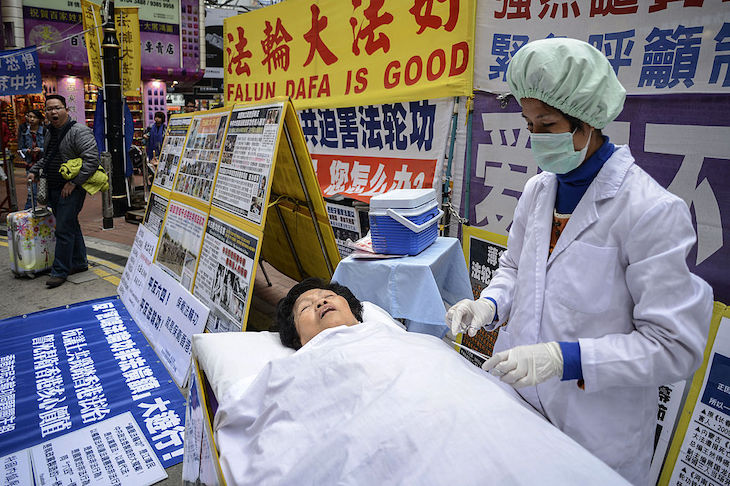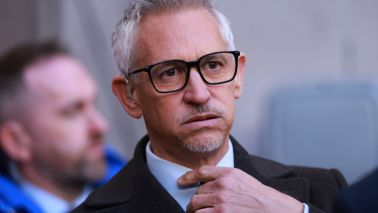Brexit has had many effects – party disunity, family tensions, uncertainty, reputational damage, a weakened Prime Minister and a potential constitutional crisis. But one of its most significant casualties has been the attention of parliament, government and the media to the wider world and the challenges it faces.
Last week, however, there was an exception to that. After hours of Brexit debates and votes, MPs found time to discuss one the most egregious and shocking, yet underreported crimes against humanity of our time: forced organ harvesting from prisoners of conscience in China. In her speech, the chair of the Conservative Party Human Rights Commission, Fiona Bruce, described the practice as ‘potentially nothing less than a 21st century genocide.’
For years a handful of researchers have been knocking on the doors of parliamentarians and policy-makers accusing the Chinese regime of the widespread forcible removal of human organs from prisoners of conscience. China is home to a huge and lucrative market in the trade of organs, with transplant tourists travelling to the country from around the world.

Britain’s best politics newsletters
You get two free articles each week when you sign up to The Spectator’s emails.
Already a subscriber? Log in






Comments
Join the debate, free for a month
Be part of the conversation with other Spectator readers by getting your first month free.
UNLOCK ACCESS Try a month freeAlready a subscriber? Log in